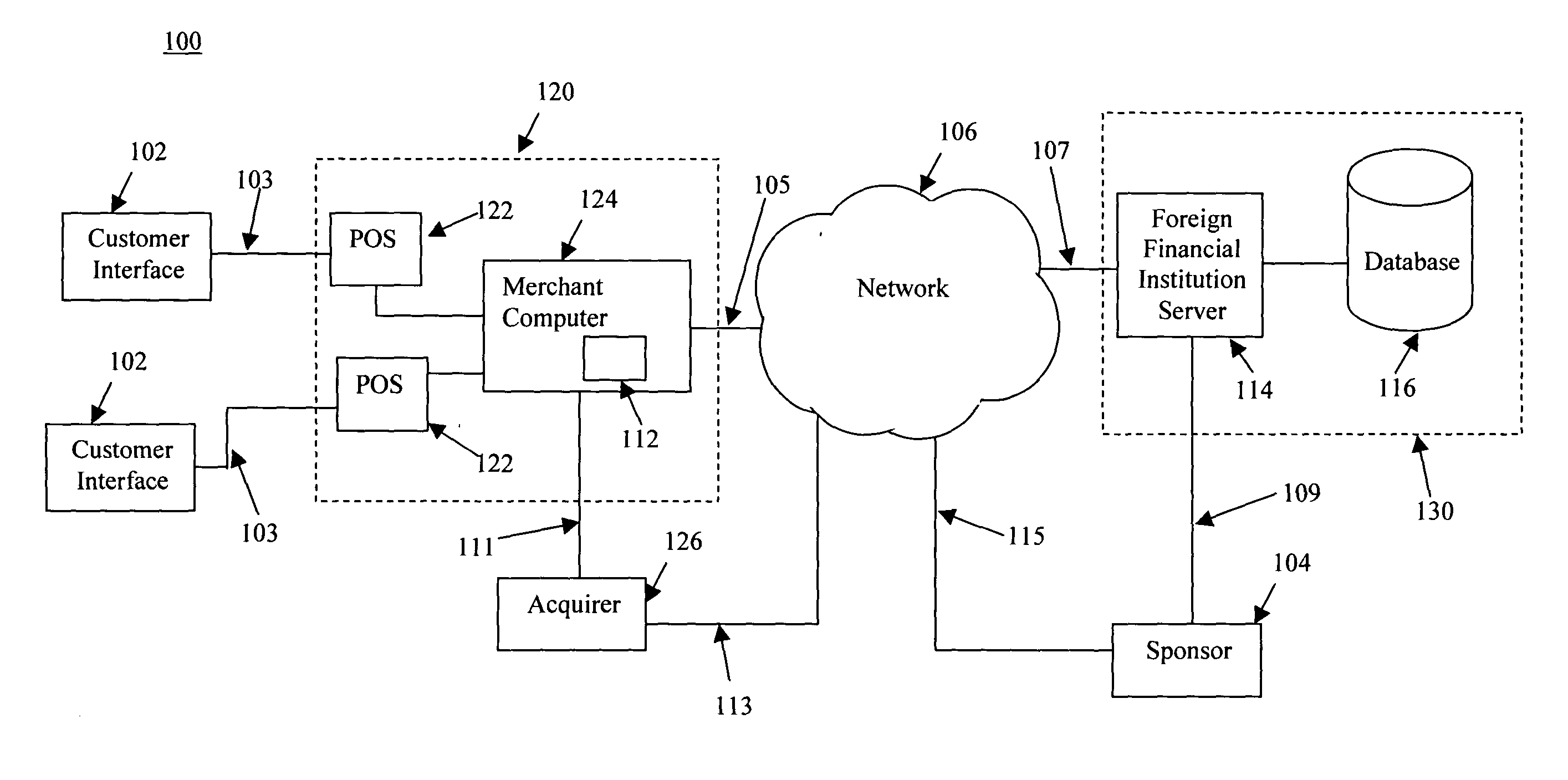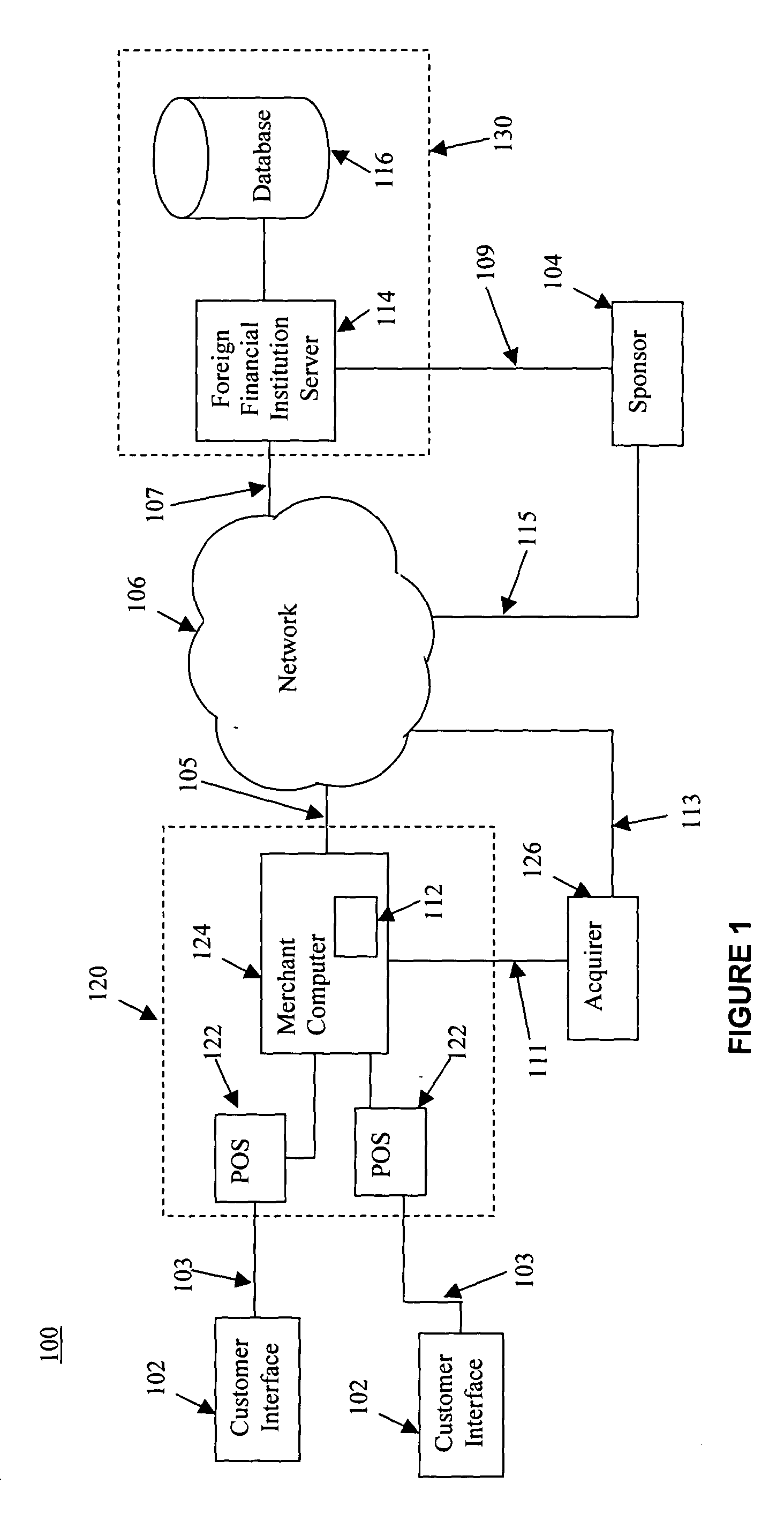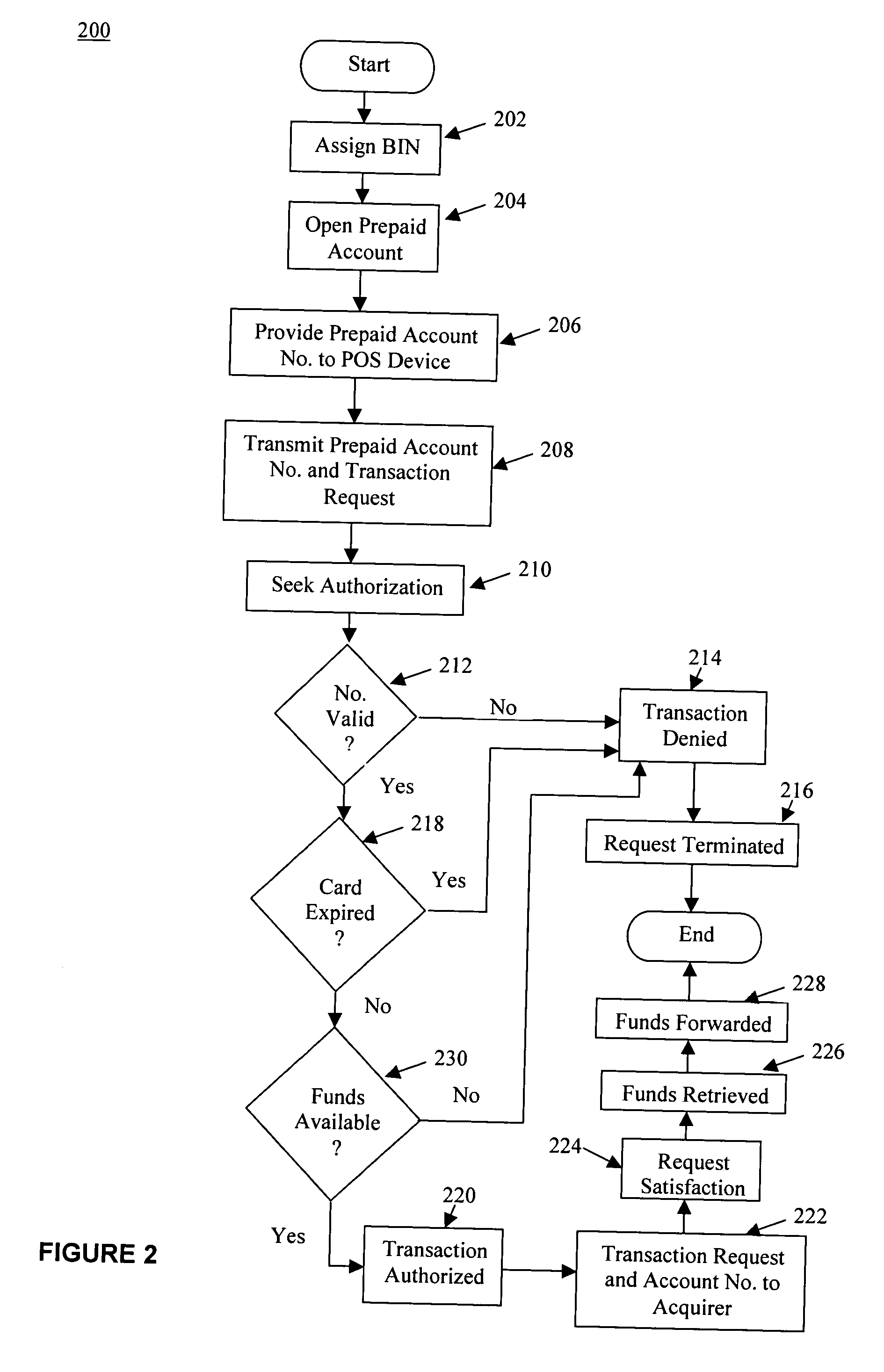The stored value cards appear to function like credit cards, but they often extend little or no credit to the user, so the cards do not substantially enable users to finance their transactions.
Some people or entities may be unable, or may not desire, to acquire traditional credit cards (e.g., teenagers, college students, employees, financially insecure or dependent consumers, or others lacking sufficient
credit history, permanent income, or age).
At the same time, however, those parents may not wish that their children have general access to funds for non-emergencies.
Unfortunately, however, many existing credit cards do not provide a convenient mechanism for permitting a user access to a limited set of goods or services or providers of same while limiting their access to other goods or services.
Yet, traditional mechanisms for establishing spending capacity in a subsidiary have afforded little capability for the parent to limit its liability for the spending of the subsidiary while simultaneously accommodating the subsidiary's spending in an intelligent and flexible manner.
For example, for many parents and their subsidiaries, it is simply not practical to determine with certainty what the precise needs of the subsidiary will be at the time that a subsidiary account is established.
Moreover, traditional mechanisms for modifying the limits associated with a subsidiary account may be inconvenient for many parents to use.
Moreover, M2Card highlights "questionable" transactions on account summaries.
Unfortunately, stored value cards often require
payment of funds prior to or contemporaneously with addition of value to the cards.
Thus, once the funds have been credited to the dependant's account, the cards provide parents with only limited control over the spending capacity and debt accumulation by the dependant.
The systems disclosed in the foregoing patents have typically experienced limited success because parents may not wish to provide their dependents with access to the parents'
credit line.
Moreover, a sufficient mechanism does not exist that would enable a parent to provide credit to a subsidiary, such as a child, while retaining the ability to control the spending capacity and debt accumulation by the subsidiary.
For example, where a subsidiary is traveling abroad (e.g., the subsidiary would like to consume spending capacity in a country other than that where the parent resides or other than where the parent card's institution is located), fluctuations in currency exchange rates may cause conventionally defined spending capacities to be inadequate to satisfy the needs of the subsidiary.
Depending on whether the parent undertakes to perform such monitoring, either the parent or a subsidiary usually assumes the risks associated changes in currency exchange rates.
Yet, as mentioned above, financing international travel in today's environment may give rise to certain difficulties.
The financial needs of those employees may not always be easy to accurately anticipate and / or administer.
The difficult financial needs include, for example, subsisting in a
foreign country for any extended period of time typically involves a business traveler paying for living or business expenses as they arise.
However, carrying cash has several disadvantages.
Further still, cash is often irreplaceable if lost or stolen, leaving the business traveler without sufficient funds to sustain his trip.
Unfortunately, since the traveler's check issuing institution must verify that the checks were not used, or were subject to unauthorized use, such reimbursement is typically not immediate.
Thus, the traveler is often placed at a financial
disadvantage until such time as the
verification is completed and the traveler is reimbursed the amount of the lost checks.
Although the credit cards may be readily replaced if lost or stolen, using the
credit card to complete a transaction has clear drawbacks.
In particular, the user of the
credit card is often charged interest on the credit extended, which means that the traveler may end up paying more than the original amount needed to complete the desired transaction.
Thus, the
debit card is typically not useful for completing transactions in countries other than where the checking account is located.
Thus, ATM cards may be less useful to a foreign business traveler who attempts to retrieve funds in a country other than where the checking or savings account is established.
However, similar to the debit cards, the prepaid card is typically geographically limited in that the card may not be used in a country which does not recognize the financial institution where the prepaid account is established.
 Login to View More
Login to View More  Login to View More
Login to View More 


